What are peptides and what are they made of?
Peptides are short chains of amino acids that act as building blocks for proteins such as collagen, elastin, and keratin. When applied topically to the skin, peptides act as messengers, triggering skin cells to perform specific functions, such as building collagen and elastin, reducing inflammation, and locking in skin hydration.
peptides contain up to 50 amino acids, and if they are mixed and matched in different orders, a variety of peptides can be created, each of which may have a different biological role. What makes them so valuable is that they are made into small enough pieces to penetrate the stratum corneum (the outermost layer of the skin), and once they get to the cellular level, they can work. (Not fragmented) proteins, such as collagen, which is too large to be absorbed by the skin.
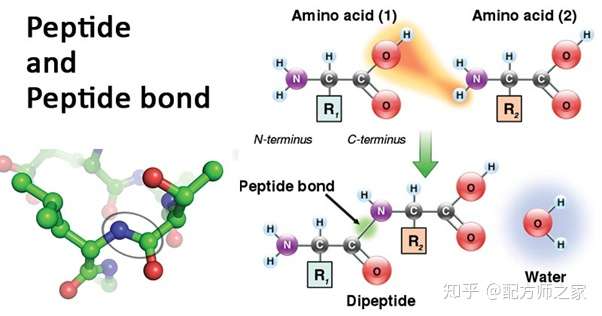
Peptides are usually found in anti-aging skincare products and are small molecules composed of amino acids.
And because amino acids are also components of proteins, peptides are essentially protein fragments.
There are hundreds of different peptides, depending on what amino acids they are made up of and how they are combined. This also means that depending on how the peptides are combined, they produce different proteins.
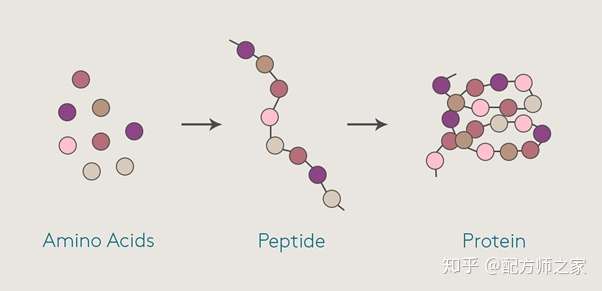
The three most important proteins found in our skin are collagen, elastin, and keratin, all of which are responsible for making the skin firm and taut. This explains why peptides are highly valued for their ability to promote a firming mask.
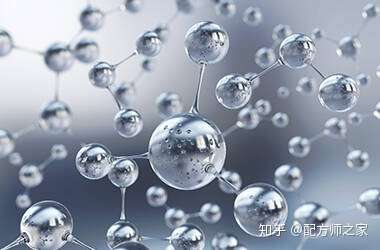
How do they work?
As we age, collagen and elastin fibers begin to harden and break down, leading to visible signs such as sagging or volume loss. Also, exposure to UV rays, pollution, and stress accelerate the rate of damage to these connective tissues. This is where peptides come in – when they are applied and absorbed into the skin, they signal the skin cells to produce more collagen, which supports its firmness and density.
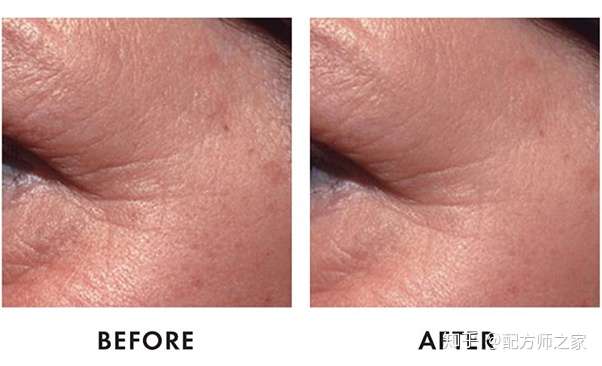
How do peptides work in skincare products?
There are four main peptides in skincare.
Carrier peptides: These peptides deliver trace minerals to the skin to boost collagen production.
Enzyme inhibitor peptides: they slow down the natural breakdown of collagen and elastin in the skin.
Signaling peptides: They send messages to different parts of the skin to promote the formation and production of collagen, elastin and other proteins.
Neurotransmitter peptides: They block the release of chemicals that cause muscle contraction in the expression line. They are much weaker than botulinum toxin, but act similarly to botulinum toxin to weaken the movement of facial muscles, thus improving and preventing the expression system. The most common neurotransmitter peptide I found in skincare products is called Argireline, which is the trademarked name of a specific peptide (acetyl hexapeptide) .
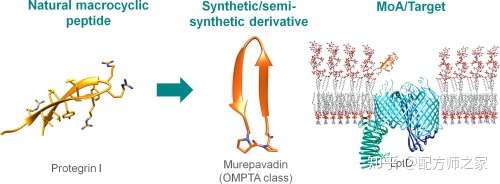
Can you mix peptides or combine them with other ingredients?
Just like antioxidants and AHAs, peptides work best in a group. Since there are hundreds of peptides, they offer a wide range of benefits, so using a product that contains more than one peptide ensures that you maximize the effectiveness of your product.
Similar to a balanced diet, using peptides alone in your skincare routine won’t solve all your skincare problems – I mean, come on, you can’t just focus on firmness – because you still need other ingredients such as hyaluronic acid to replenish moisture, retinol to rejuvenate skin, arbutin (or similar) to inhibit melanin, AHA to accelerate cell renewal, and antioxidants to protect skin from free radicals. In short, be sure to combine ingredients from these categories to ensure that all bases are covered.
Another option is to use a combination product. Most peptides are usually added to serums and moisturizers. These products may contain peptides and other ingredients, such as antioxidants or vitamin A. The product manufacturer will evaluate the product to ensure that the combination of active ingredients is retained.
Effects of peptides
Skin aging: peptides signal fibroblasts (the cells in the skin that produce collagen) to increase collagen production, and they reduce the breakdown of collagen and elastin in the skin. They diminish muscle contraction and smooth dynamic wrinkles caused by strong facial expressions.
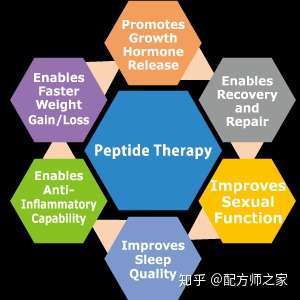
Dryness: Peptides increase hydration and improve the skin barrier, helping it lock in moisture. With a better skin barrier, there is better resistance to bacteria, UV rays, pollution, and other toxins.
Acne: Their ability to kill bacteria is effective for acne and pimples.
